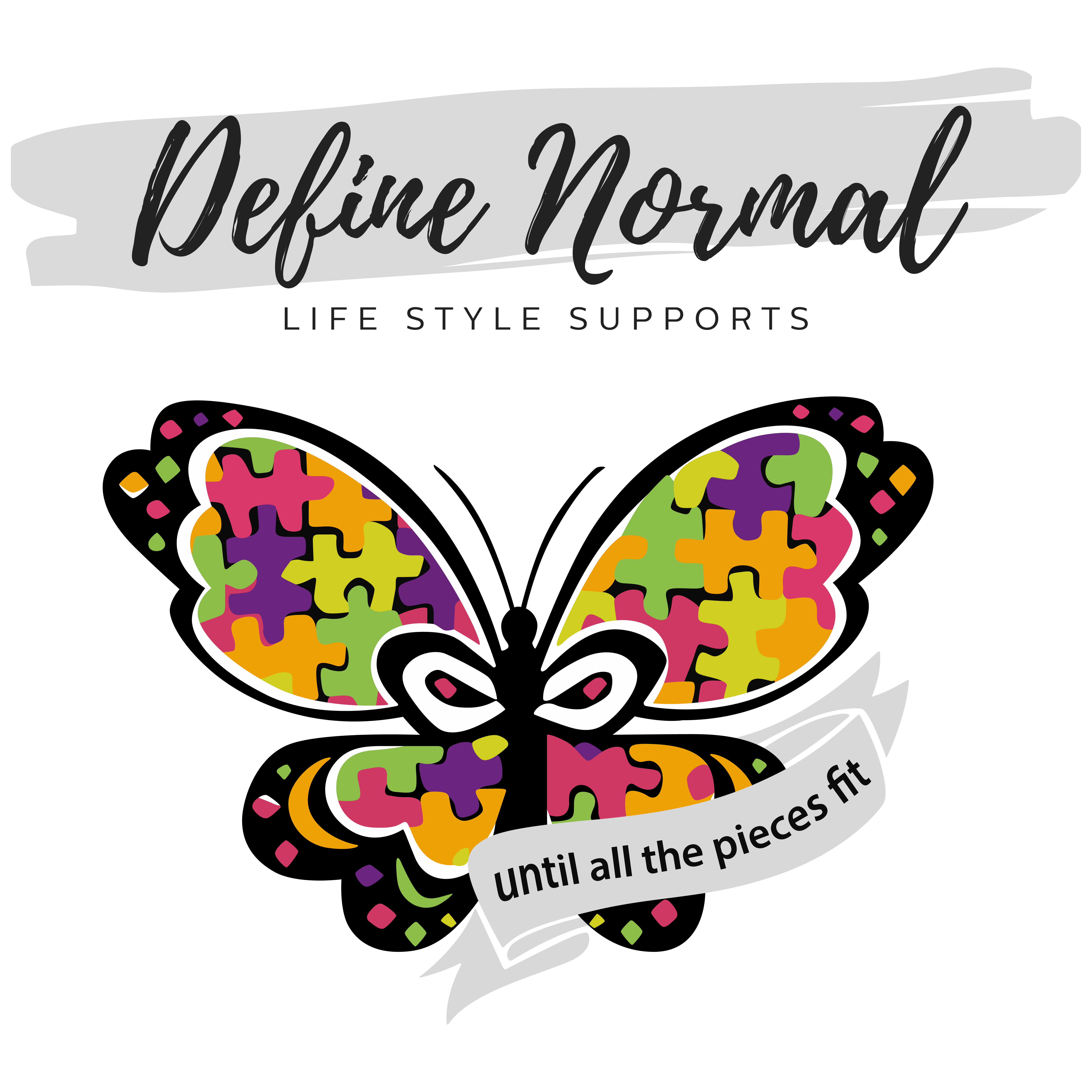We advocate for your rights.
How can you make sure that NDIS providers are meeting the needs of their clients?
NDIS advocates provide independent advocacy for people with disabilities to ensure NDIS providers adhere to the Act and Regulations. Advocates also check in on participants, helping them exercise choice and control over their NDIS plan. NDIS advocates also ensure participants have their voice heard in matters that affect them.
According to a study from Australia’s Disability Rights Commissioner, independent advocacy is one of the most important aspects to our success in getting a supportive NDIS care plan.
Six broad models associated with Disability Advocacy:
Citizen advocacy:
Matches people with disability with volunteers.
Family advocacy:
Helps parents and family members advocate on behalf of the person with disability for a particular issue.
Individual advocacy:
Upholds the rights of individual people with disability by working on discrimination, abuse and neglect.
Legal advocacy:
Upholds the rights and interests of individual people with disability by addressing the legal aspects of discrimination, abuse and neglect.
Self advocacy:
Supports people with disability to advocate for themselves, or as a group.
Systemic advocacy:
Seeks to remove barriers and address discrimination to ensure the rights of people with disability
Inmate Advocacy:
upholds the rights of individuals who are within the justice system, to ensure they are getting the required support for their diagnosis.


